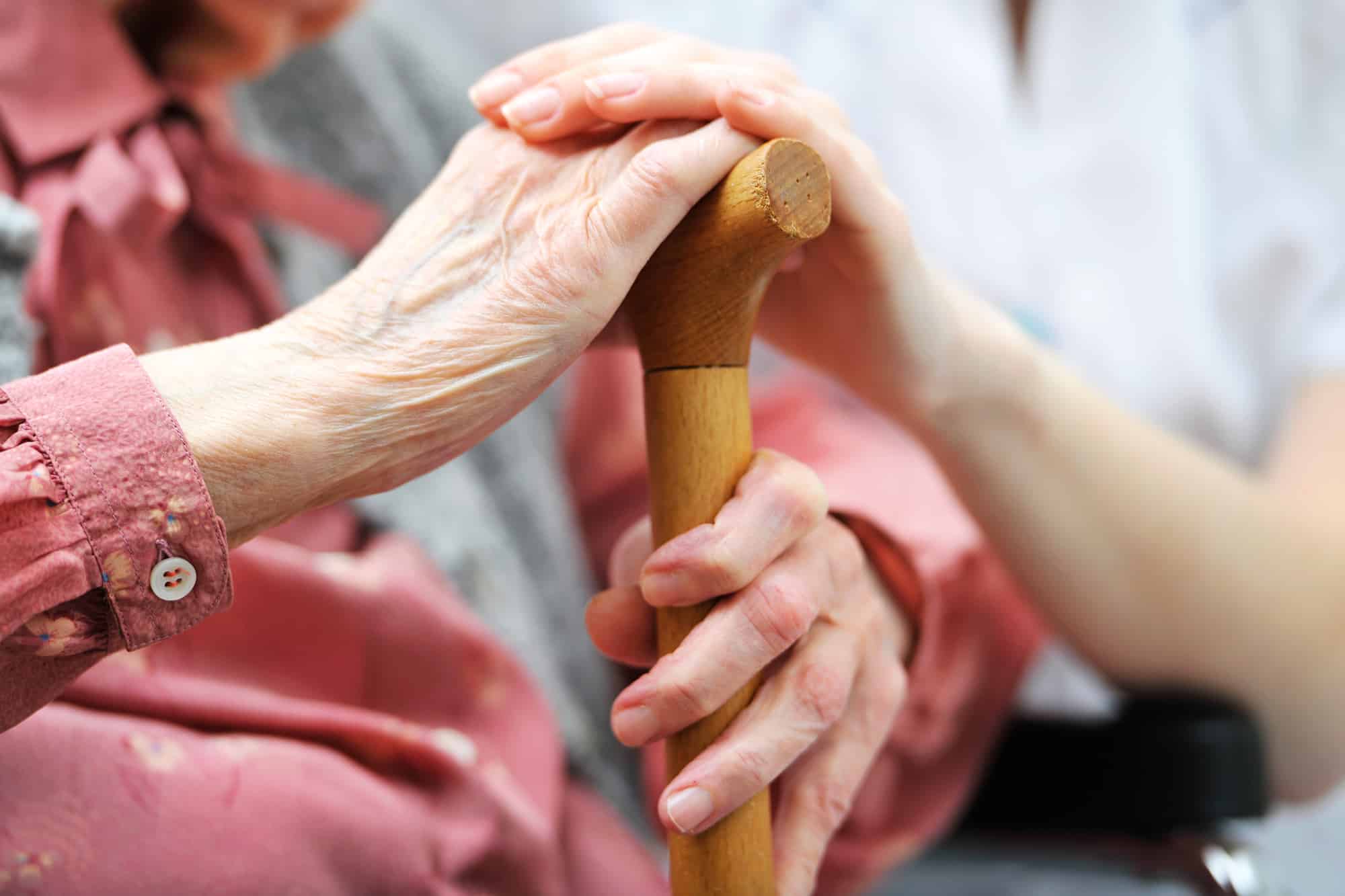Trick Factors To Consider for Households When Picking Appropriate Senior Treatment Solutions for Their Aging Family Members
Selecting ideal elderly treatment solutions for aging loved ones is a nuanced process that requires cautious consideration of numerous factors. Family members have to begin by analyzing the distinct needs of their enjoyed ones, thinking about case histories, emotional wellness, and personal choices. The evaluation of available care optionsâEUR" ranging from in-home assistance to specialized facilitiesâEUR" has to be stabilized with an understanding of financial ramifications and safety issues. As family members browse these intricate options, the role of open communication and collaboration can not be overemphasized, yet many neglect crucial components that can considerably affect the result.
Assessing Person Requirements

Furthermore, emotional and social demands play a substantial role in the wellness of elders. An analysis needs to consider the individual's need for social interaction, leisure activities, and support group. Family members dynamics and the accessibility of casual caregivers need to also be factored right into the equation, as they can affect the kind of treatment that is most suitable.
Examining Care Options

At home care provides the benefit of acquainted surroundings and tailored attention, which can enhance comfort and emotional well-being. On the other hand, assisted living centers use an organized setting with accessibility to on-site healthcare and social tasks, cultivating community interaction. Assisted living home accommodate those calling for intensive clinical guidance, while grown-up daycare programs enable elders to involve in social activities throughout the day, giving reprieve for family caregivers.
It is essential to evaluate the team credentials, facility licensing, and readily available solutions in each choice. In addition, families ought to look for responses from existing homeowners or clients and assess the total credibility of the treatment carriers. Eventually, selecting the best treatment alternative is a crucial choice that should sites mirror an equilibrium in between the elderly's demands, safety and security, and quality of life.
Understanding Prices and Budget Plan
Navigating the economic landscape of senior care can be complex, as different choices included differing costs that can dramatically impact a household's spending plan. Recognizing these expenses is vital for family members to make enlightened choices relating to take care of their aging relatives.
Usual elderly care options consist of at home treatment, helped living facilities, and retirement home, each with its very own prices framework. In-home care usually bills by the hour, while assisted living frequently involves monthly rent plus additional service charge. Assisted living facility generally have higher charges as a result of the comprehensive treatment given. It is vital to think about not just the base expenses yet additionally any type of concealed fees that might emerge.
Developing an in-depth spending plan that outlines expected costs can help families recognize the most ideal treatment service while guaranteeing they remain within their financial ways. By comprehensively comprehending the expenses associated with each alternative, family members can much better navigate this important element of senior care planning.
Ensuring Safety And Security and Safety And Security
Guaranteeing the safety and security and safety and security of senior citizens is vital in any care setting, as their vulnerability commonly calls for elevated focus and safety actions. Families need to examine the physical atmosphere of possible treatment centers, searching for attributes such as protected entryways, well-lit hallways, and obtainable fire escape. Additionally, the existence of safety devices, such as grab bars and non-slip flooring, can considerably lower the threat of accidents.
History checks on personnel also ensure that locals are cared for by trustworthy individuals. Checking systems, individual emergency reaction systems (PERS), and drop discovery gadgets provide peace of mind for households and immediate support for seniors.
Lastly, open communication channels in between family members and care providers are important. Routine updates pertaining to the well-being of elders, together with a clear strategy to care strategies, can cultivate trust fund and make certain that safety continues to be a main emphasis in the care given. By focusing on these factors, families can make informed choices that shield their aging loved ones.
Involving Household in Decision-Making

Families ought to begin by openly connecting concerning the different treatment services readily available, such as in-home care, aided living, or nursing centers. It is vital to assess the particular requirements of the aging family member, including clinical demands, movement, and social engagement. By including all pertinent household members, various point of views and insights can be gathered, bring about even more enlightened choices.
Additionally, family members participation helps in identifying potential caregivers and developing a support network. Regular family members conferences can promote recurring discussions and adjustments as needs alter, allowing family members to remain responsive to the advancing circumstances why not try these out of their loved one. Ultimately, a collective decision-making procedure motivates a feeling of common obligation and makes sure that the selected treatment option aligns with the family's vision for their aging relative's well-being and dignity.
Verdict
Finally, choosing suitable read the full info here elderly care services requires an extensive examination of individual requirements, offered treatment options, and linked prices. Prioritizing safety within the living environment and fostering family members involvement in decision-making procedures even more improves the performance of care. By aligning treatment options with the aging family member's case history, emotional requirements, and personal preferences, family members can create an encouraging network that advertises well-being and dignified living for their enjoyed ones in their later years.